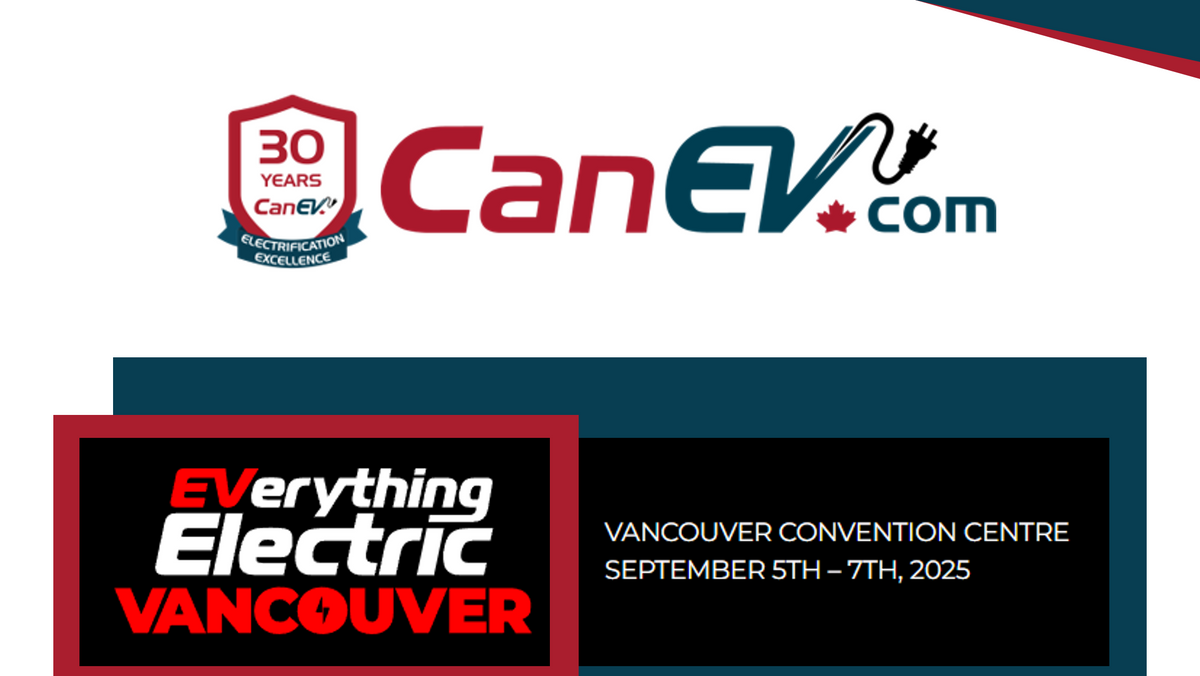What is the cost of conversion in 2021?
The component costs of an EV conversion can be broken down into four major sections.
1. EV Component Costs
Component costs range from US$7K – $15K for the drive system parts including motor, controller, adapter, charger, gauges, safety disconnects, power steering pump, power brake pump, battery box’s and suspension upgrades.
2. Battery Costs
Lithium-ion based batteries are the recommended choice. Lead acid batteries are cheaper, but they are not recommended and have a much shorter useful life.
Li-ion battery costs for small-medium weight vehicles then adds about US$1,000 for every 10km of range so a 60 mile (100km) range car will need about US$10,000 in lithium batteries. Heavier vehicles like small pickups and vans (with payloads) will require more battery to get the same range. Count on 25-50% more.
3. Labor and outside services costs
For those who are skilled in auto mechanics and electrical systems, a DIY project may not have to consider costs for installation, but you will have to consider outside machining costs for custom fit battery boxes, custom motor mounts or refinements to motor-transmission adapter plates. Other costs may include outsourced powder-coating, and finishes on your customized parts to provide long term rust-proofing, and/or to showcase your custom fabrication work.
4. Body work and engine system removal
If you haven't already considered this, structural and cosmetic upgrades to a EV conversion project are important. As an EV, your vehicle will last a very long time, and without the continual spewing of oil, and hydrocarbon byproducts over its driveline housing surfaces. It will be a car with a significant investment in a long lasting power-plant. So to ensure your vehicle will last as long as it's new power-plant it is recommended that the car be in top condition prior to the conversion. Start with the structural frame, and make sure your body panels are rust free. Doing this after the fact will be more costly, and without a solid, rust free body, your vehicle will not have lasting value.
Engines can be removed, and sometimes sold. However, if you cannot sell the engine you remove, you'll be disappointed in its scrap metal value. And this value is only going to drop as engines fall out of favor.
Obviously, the last two sections are hard to estimate without direct knowledge of the car, the project owner, and the desired outcomes. But it is the last two categories that project owners seem to ignore the most -- even though these costs may be the most expensive part of their EV conversion.


